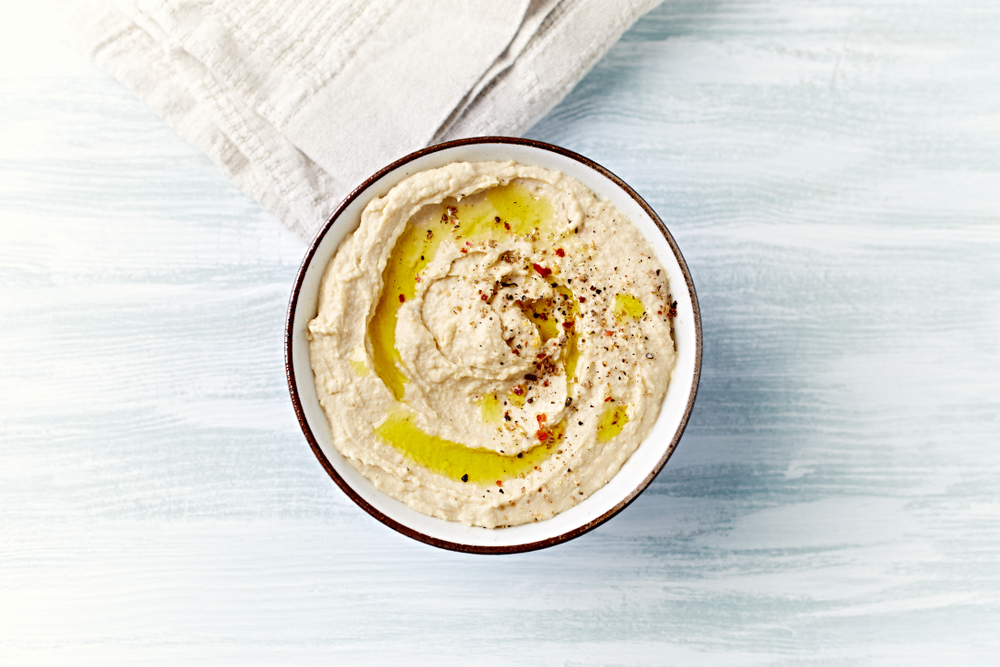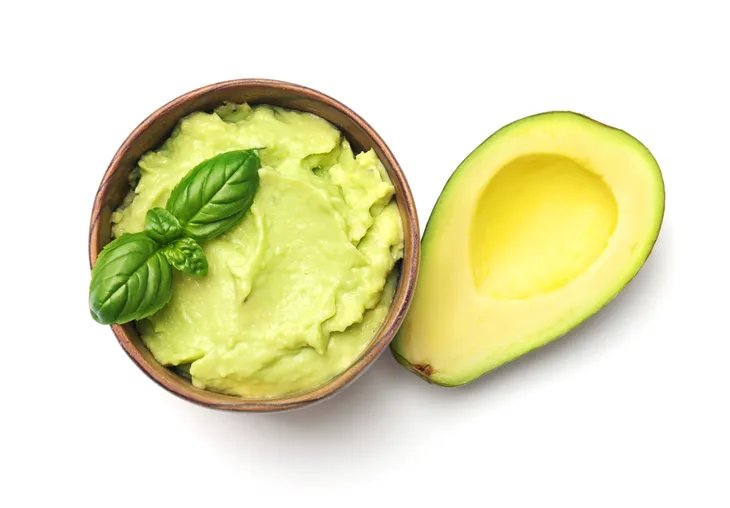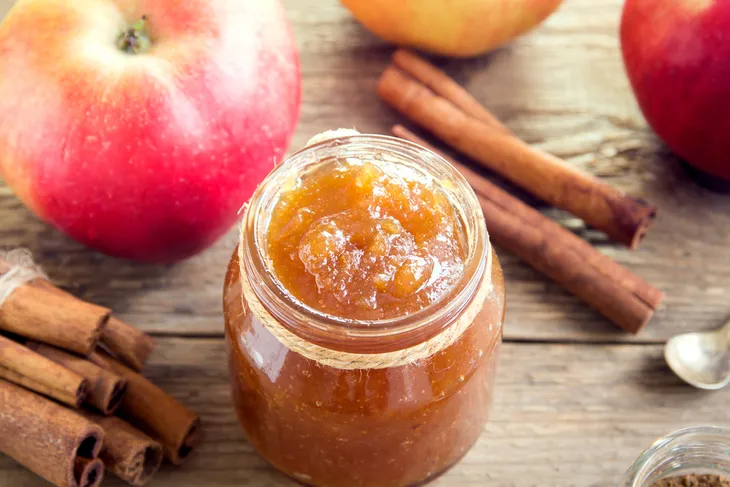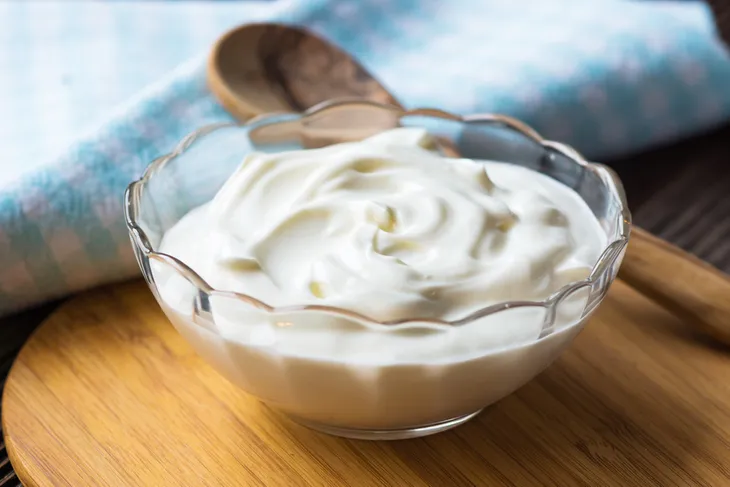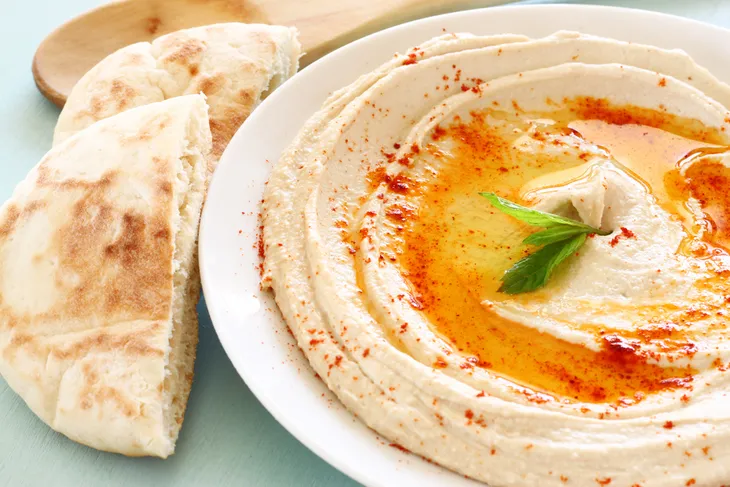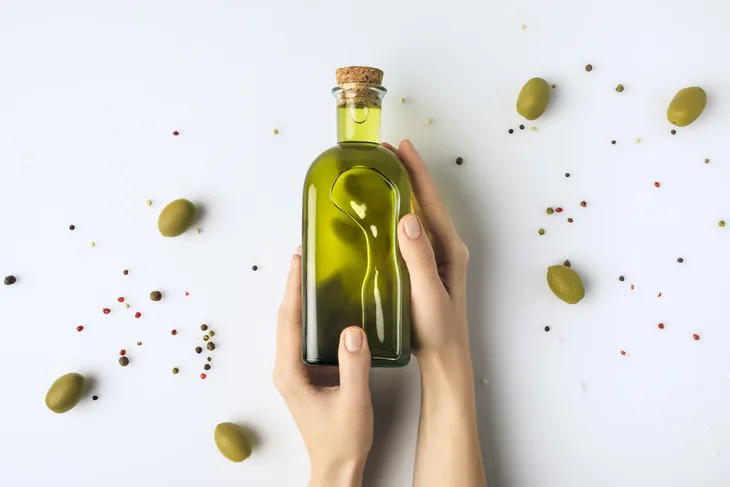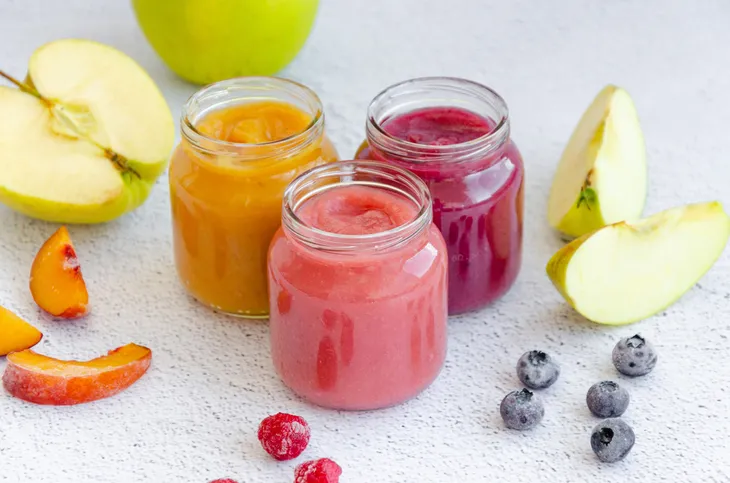Regardless of if you’re pan frying, sautéing, or baking—while butter may provide full flavor; it also provides a fuller waistline over time if you use it in everything.
You might swear by the buttery goodness on your morning muffin or on your favorite mid-day sandwich, but the truth is you don’t have to sacrifice taste to skip that dollop of extra calories, sodium, and fat.
Here are 10 tasty and healthier alternatives that you can swap for butter…
Avocado
It might not sound like an adequate substitute in baking, but mashed avocado is the perfect emulsifier in batches of muffins, cookies, cakes, and pie crusts. Not only does avocado have the same consistency of a dollop of butter; you use it just as you would butter in any recipe. Plus, it’s not only great for ensuring less calories and healthier fats in your baking; it’s great for those with dairy allergies and intolerances.
Apple Butter
Another simple and flavorful way to swap butter in baked goods and oatmeal is to use apple butter. Even though “butter” is evident in the name, apple butter (particularly the organic variety) contains nothing more than the goodness pureed apples. And we all know that an apple of day is good practice!
Greek Yogurt
What’s thick, creamy, and full of protein? Greek yogurt! So when you swap that full cup of butter in your cake or muffin recipe for half the amount of nutritious plain Greek yogurt; you’ll not only cut the calories and saturated fat—you’ll end up with a protein-rich cake that’s super moist.
Applesauce
I take advantage of any way that I can feature an apple in my daily diet. And switching butter for applesauce in my baking recipes certainly does the trick. Applesauce is super emulsifying, which means it bakes up a thicker, moister cake with fewer calories and fat—so I can enjoy a bigger piece!
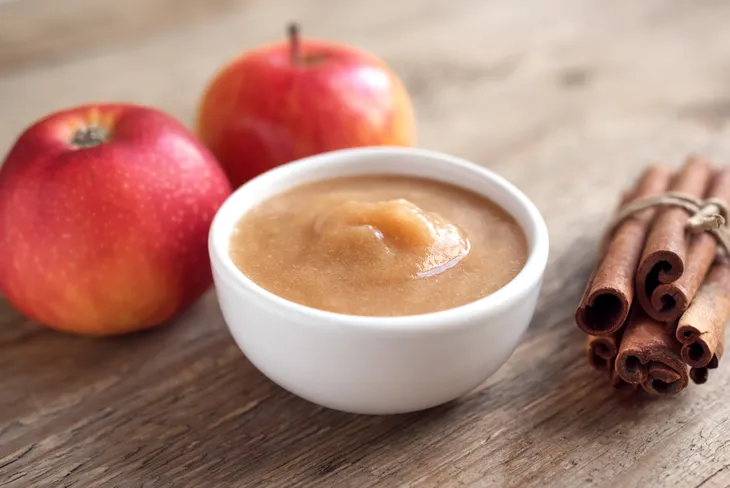 Source: Shutterstock
Source: ShutterstockHummus
Hummus, the signature Mediterranean chickpea spread, is not only delicious on crackers and pita; it makes a great sandwich spread. I use it in place of butter, margarine, and even mayonnaise. And since chickpeas are high in protein and antioxidants, hummus makes for a more flavorful and nutritional turkey Sammie.
Low Fat Margarine
In no way am I touting margarine as nutritious. However, compared to butter it is the most popular butter substitute for vegans and those with dairy allergies. Plus, if you look for a reduced fat margarine made without bad trans fats; you’ll consume fewer calories and fats without sacrificing flavor.
Olive Oil
I tend to favor olive oil in favor of butter when cooking or pan frying. Sure, I know that olive oil contains its fair share of fat, but when you consider saturated omega-3 fat versus trans fats—your heart will appreciate the swap.
Fruit Puree
Why settle for plain old butter on toast when you can smear a thick layer of strawberry, apricot, raspberry, mango, blueberry, pear, or peach puree containing more fiber, less calories and absolutely no fat. Fruit purees, which are pure, mashed fruit preserves, not jams, can be easily prepared at home using a food processor.
Coconut Oil
Taste a hint of the tropics in your stir fries when you use virgin coconut and olive oil as the emulsifier in your pan rather than butter. Coconut might be high in saturated fats, but it lacks the trans fat contained in butter. And if you’re not big on coconut flavor, use flaxseed oil for the same healthy attributes.
Canola Oil
In recipes that call for melted butter, you can skip a step and use canola oil, an emulsifier that cuts saturated fat, cholesterol, and sodium almost in half. Trust me; you’ll have those cookies and muffins ready much faster if you swap this oil for butter. And everyone will be happy with that fact.
